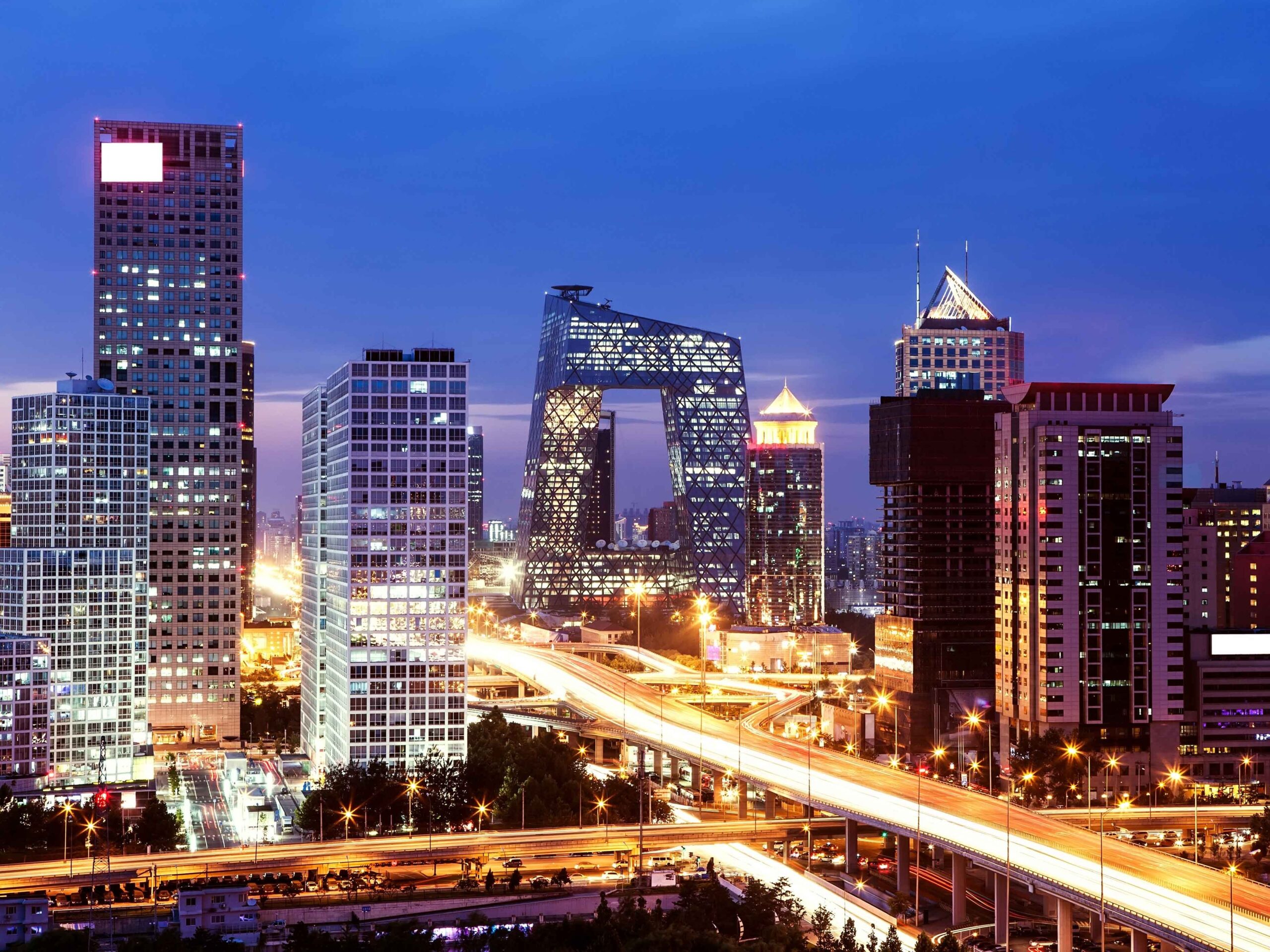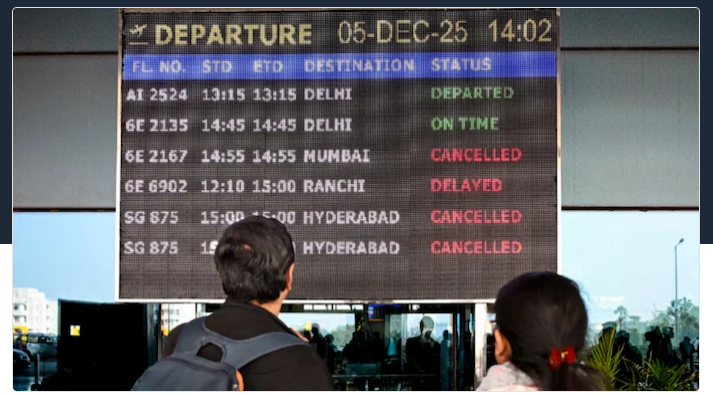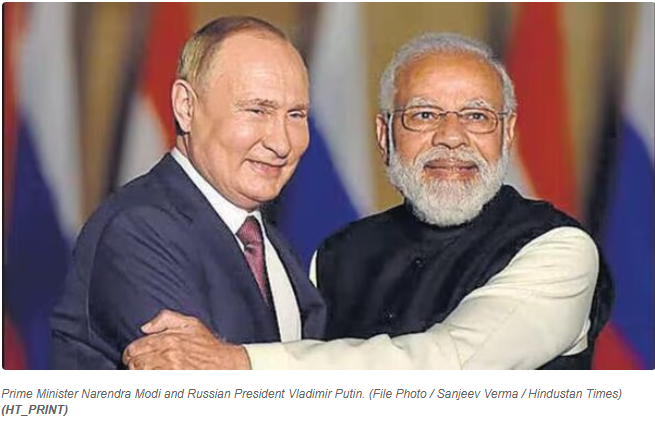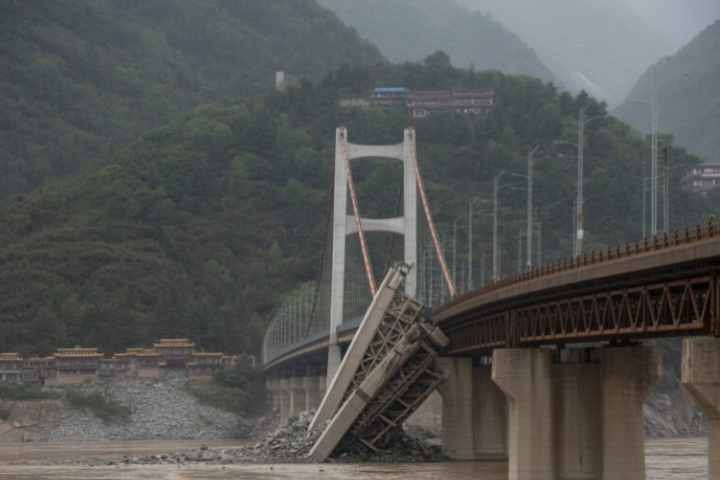WASHINGTON — Hikvision and Volkswagen, two high-profile companies, have exited China’s Xinjiang region within a month, shining a spotlight on allegations of forced labor and human rights abuses in the area. Hikvision, the world’s largest video surveillance equipment maker and a Chinese firm, recently announced it had terminated contracts with five subsidiaries operating in Xinjiang. Days earlier, German automaker Volkswagen decided to cease operations in the region, underscoring the increasing difficulties of conducting business responsibly there.
The moves mark a significant embarrassment for Beijing, which has consistently denied allegations of rights violations in Xinjiang. The exodus of Hikvision, a domestic company, highlights internal dissent regarding Xinjiang’s contentious policies.
Hikvision informed the Shenzhen Stock Exchange of its decision, noting that contracts involving its subsidiaries—Luopu Haishi Dingxin Electronic Technology, Moyu Haishi Electronic Technology, Pishan Haishi Yong’an Electronic Technology, Urumqi Haishi Xin’an Electronic Technology, and Yutian Haishi Meitian Electronic Technology—had been terminated. These contracts, initiated in 2017 with a planned maintenance period extending up to 20 years, were cut short after seven years without explanation.
The terminated contracts followed escalating international scrutiny. In 2022, the U.S. added the subsidiaries to its Entity List, citing their alleged role in the repression of Uyghurs and other Muslim minorities through high-tech surveillance. Hikvision has also faced a slew of sanctions from the U.S., including a designation by the Federal Communications Commission (FCC) as a national security threat in 2021.
Volkswagen’s exit further amplifies global concerns about forced labor in Xinjiang’s supply chains. Human Rights Watch has urged the automaker to sever remaining links to the region and ensure its supply chains are free from forced labor. Activists have particularly highlighted the risk of exposure to Xinjiang-produced materials, such as aluminum, integral to the automotive industry.
The spotlight on Xinjiang’s labor practices extends beyond these two corporations. A report by Business and Human Rights Resource Centre implicates 83 major brands in forced labor allegations tied to Xinjiang. The UK Court of Appeal recently declared unlawful a decision by the National Crime Agency not to investigate cotton imports linked to forced labor in the region, signaling potential legal action against retailers under the Proceeds of Crime Act.
The Global Legal Action Network (GLAN) and the World Uyghur Congress (WUC), welcomed the court’s decision describing it as a landmark win that could lead to high street retailers being prosecuted under the Proceeds of Crime Act (Poca) if they import goods made through forced labor.
It may be mentioned here that Better Cotton Initiative too had suspended its activities in Xinjiang in 2020 due to the prevalence of labor abuses in the region.
This trend of corporate exits and legal challenges underscores mounting pressure on businesses to address human rights concerns in Xinjiang. Rights groups have consistently called for companies to map their supply chains and ensure compliance with human rights standards, including ceasing business with suppliers tied to Xinjiang’s state-imposed labor programs.
China has long dismissed allegations of human rights abuses in Xinjiang, labeling them as politically motivated. However, the departure of firms like Hikvision and Volkswagen reveals an undeniable fracture between the region’s policies and global business standards, raising questions about the viability of sustained operations under such scrutiny.









